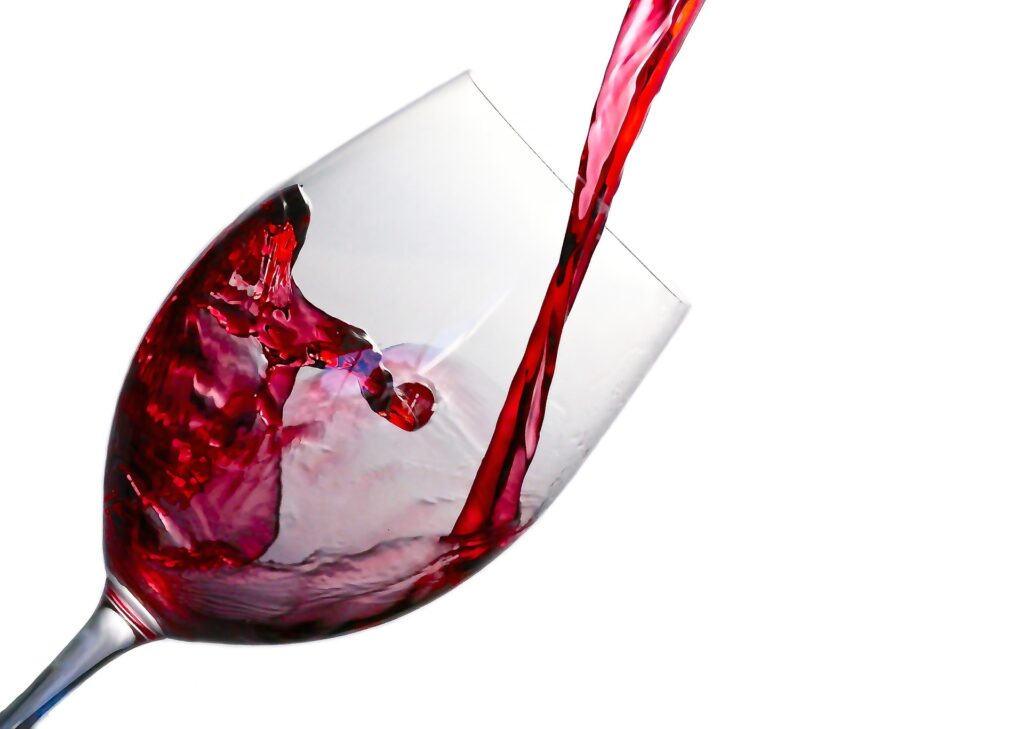
Does throwing up help hangover? One of the best remedies for a hangover is to drink plenty of fluids, like water and low sugar ginger ale. However, if you are vomiting, it’s important to stop drinking and seek medical attention immediately.
Continued vomiting can lead to dehydration and other severe medical complications, including gastrointestinal bleeding or pneumonia. Throwing up doesn’t necessarily help hangover.
Natural reflex to get rid of poisonous substances
Vomiting is your body’s natural reflex to get rid of poisonous substances, such as alcohol. It’s not pleasant, but it will help you feel better once the alcohol is out of your system. In addition, if you have a lot of stomach acid, it may also cause you to throw up.
If you are unable to stop vomiting, try taking small sips of clear liquids, such as water, Pedialyte, Gatorade, or low-sugar ginger ale. You should wait to eat solid food until you feel better. You can also try eating a banana, which is high in potassium and helps with nausea.
If you have a hangover, it’s also a good idea to avoid fatty foods, which can slow down stomach emptying. Instead, opt for a light breakfast of eggs and toast or a turkey bacon sandwich with a whole grain English muffin. Also, drink a glass of tomato juice or a Bloody Mary in the morning to get more vitamin C, which research shows can reduce hangover symptoms
How to stop your heart racing when hungover
We’ve all had hangovers and the groggy, tired feeling that comes after a night of overindulgence. But for some people, they can be debilitating. They spend the day worrying about what they said or did wrong, stressing themselves out over little things that wouldn’t normally affect them. This is called “hangxiety,” and it’s a sign that you may need to cut back on your drinking.
Symptoms can include thirst or dry mouth, fatigue, nausea, stomach pain, sensitivity to light and sound, muscle aches, dizziness, irritability and a rapid heartbeat (sometimes called “Holiday Heart”). Some people also experience diarrhea, a pounding headache and vomiting.
Alcohol disrupts the normal electrical signals that control your heartbeat, and it causes blood vessels to expand and dilate which can cause a rapid heart rate. It can also throw off the balance of chemicals in your body, such as electrolytes. Drinking water can help to rebalance these.
If you want to minimize hangover symptoms, hydrate the day before by drinking 64 ounces of water. Drink a glass of water for each alcoholic beverage consumed. And drink slow it takes about an hour for your body to process one drink. Also, be careful about carbonated beverages that contain alcohol. The bubbles can speed the alcohol up in your system and compete with oxygen absorption.
Avoid taking pain relievers that have acetaminophen, like Tylenol. This can interfere with your liver’s function and can lead to a dangerous overdose. Try over-the-counter ibuprofen instead. And try to get a good night’s rest, as this will make your hangover symptoms less severe.
Is throwing up after drinking alcohol poisoning?
Vomiting is a natural response to too much alcohol. It’s a sign that the liver is overwhelmed by the amount of alcohol being consumed and needs to eliminate it. However, it’s important to know that it can be dangerous.
The body breaks down alcohol into a harmful molecule called acetaldehyde. Acetaldehyde is a toxin that can damage the liver and cause death. When the body detects that acetaldehyde levels are too high, it forces you to vomit.

Alcohol poisoning is most likely to occur when a person binges and drinks more than the body can process within a short period of time. The more alcohol in the blood, the faster the body is at risk for serious complications, including liver and heart failure. It can also lead to a dangerous or fatal interruption of breathing (asphyxiation).
If you are vomiting excessively after drinking, it is best to seek medical attention immediately. Drinking small sips of clear liquids is helpful to rehydrate the body, such as water, Gatorade or Powerade. Low sugar ginger ale may also help ease nausea and upset stomach.
Avoiding too much alcohol is the key to staying healthy while enjoying drinks with friends and family. Never drink on an empty stomach, and eat before drinking to slow down the absorption of alcohol. Also, if someone you know is showing signs of alcohol poisoning, it’s crucial to call 911 and request emergency assistance.
It’s important to recognize that some of the symptoms of alcohol poisoning mirror those of intoxication, making it difficult for others to understand that the person is seriously ill and needs immediate medical help.
Is greasy food good for a hangover?
While it’s easy to think that a greasy burger or fries can cure a hangover, it can actually make it worse (via Insider). Greasy food is not good for a hangover because it will likely upset your stomach. Alcohol and fat are digested and broken down in the same metabolic process, which can cause a bloated stomach and nausea. Plus, greasy fast food often contains lots of sodium, which can also exacerbate symptoms like dehydration and nausea.
According to Verywell Mind, if you eat a fatty meal (like pizza, tacos or a burger) before drinking, the fatty foods will coat your stomach and slow down the absorption of alcohol. This can help you avoid a hangover the next day. However, you’ll still need to drink plenty of water afterward, as the acetaldehyde and the headache- and nausea-causing byproduct of ethanol needs to be flushed from the body.
The best thing you can eat during a hangover is something carb-heavy, which is easy for the body to digest. You should also drink plenty of water, as alcohol can cause dehydration and low blood sugar levels.
Other hangover-fighting foods to consider include eggs, which are high in vitamin B12 and hardworking amino acids, and dark leafy greens, which are rich in minerals and nutrients that can help the body recover from a night of drinking. Just avoid acidic fruits and juices, as they can irritate your stomach further and may cause a hangover.
